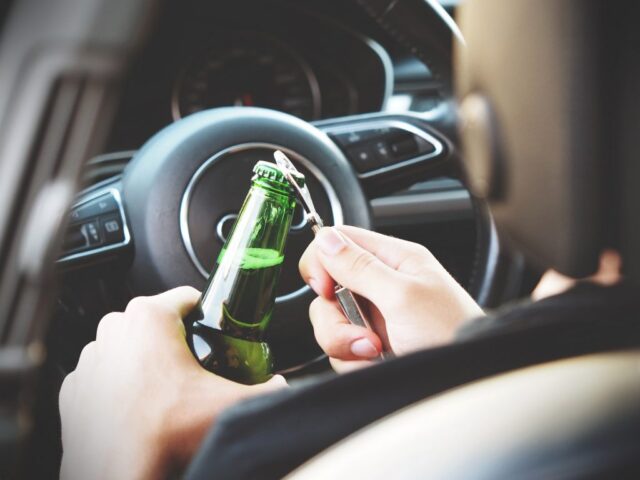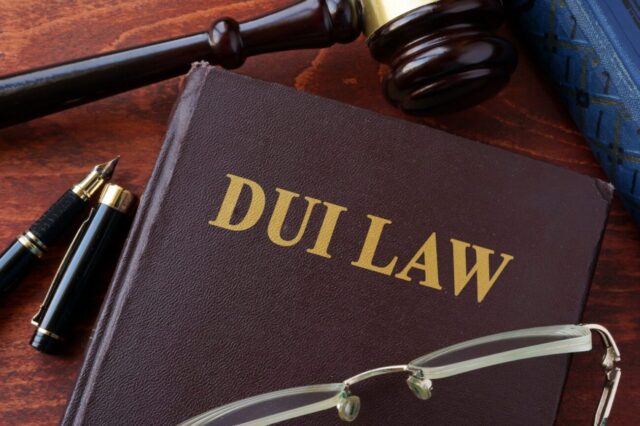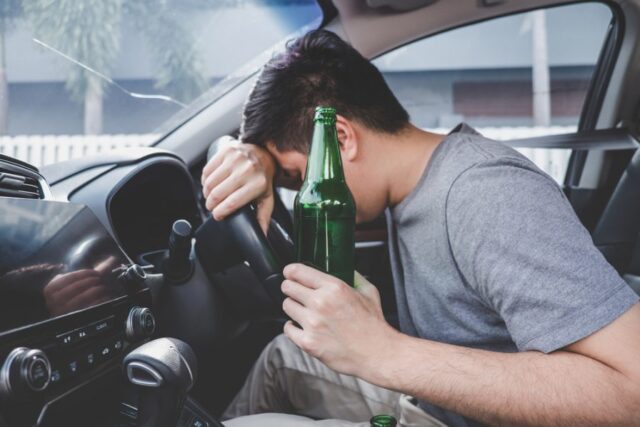
Underage DUI, an acronym for Underage Driving under the Influence, specifically refers to the legal offense committed when an individual below the legally accepted drinking age operates a vehicle while intoxicated. Normally, the legal drinking age in most parts of the United States is 21 years old. Therefore, anyone under this age who is found driving with any detectable amount of alcohol in their system will likely face DUI charges. This is an important topic for discussion due to its widespread implications on society at large and the affected individual’s life.
Underage DUI is a matter of considerable concern due to its severe and often devastating consequences. These include an increased likelihood of fatal road accidents, legal repercussions, and potential long-term effects on the underage individual’s future prospects. Additionally, there is a societal cost as well, as underage DUI can lead to property damage, loss of life, heightened insurance rates, and substantial costs for law enforcement agencies.
Legal Drinking Age and DUI Laws

The legal drinking age in the United States is currently set at 21 years. This was established by the National Minimum Drinking Age Act of 1984 when it was found that a lower drinking age increased auto accidents and alcohol-related deaths among youths. Prior to this, most states had a drinking age of 18 or 19, but such relaxed restrictions contributed to risky behaviors like binge drinking and driving under the influence. The shift to a legal drinking age of 21 has been effective in reducing such reckless behaviors, specifically reducing traffic fatalities involving underage drinkers.
At both federal and state levels, DUI (Driving under the Influence) laws prohibit the operation of a motor vehicle while impaired by alcohol or other drugs that hinder mental and motor skills. Federal law mandates that a Blood Alcohol Concentration (BAC) level of 0.08% or higher is classified as impaired, and it is therefore illegal to drive with this level or above. However, for minors, this limit is lower in many states due to “zero tolerance” laws.
Consequences of Underage DUI
Engaging in underage drinking and driving can lead to serious legal repercussions that follow an individual long into adulthood. Examples of potential charges and penalties could significantly vary depending on the severity of the incident, the blood alcohol level recorded, and whether the driver has previous DUI charges. Penalties can range from losing driving privileges, and hefty fines to mandatory community service, and even incarceration. Some states have zero-tolerance policies in place which means any detectable amount of alcohol in an underage driver’s system can warrant a DUI charge. Further, if an underage drinker is caught with alcohol, they might also be subjected to Minor in Possession charges which bring about their own set of punitive measures.
Beyond the immediate emotional and psychological toll, such charges can have lasting effects on an individual’s life trajectory. The acquisition of a criminal record can be a significant roadblock for future opportunities. It has the potential to hinder academic prospects, with some colleges disqualifying applicants based on criminal history. It also poses barriers to employment, as many employers perform background checks and may be reluctant to hire someone with a DUI conviction. A DUI charge can even affect eligibility for certain types of financial aid, scholarships, or the ability to participate in extracurricular activities at school.
Role of a DUI Lawyer in Underage DUI Cases

A DUI lawyer is a specialized professional who defends individuals charged with Driving Under the Influence offenses. Their principal duties and responsibilities cover several areas in the legal field. Many DUI lawyers are tasked with understanding and interpreting state and federal laws relevant to DUI cases. They conduct case-specific analyses, strategize defenses, and negotiate with prosecutors for plea bargains when applicable. They represent their clients in court and advocate on their behalf, managing evidence, and witnesses, and presenting arguments to achieve optimal outcomes for their clients.
In court proceedings, legal representation is vital. The complicated legal system can be overwhelming and difficult to understand for an untrained individual, let alone a young person with less life experience. Legal counsel ensures the accused’s rights are protected, and that they are treated fairly during the legal process. They provide guidance and reassurance throughout the trial, making sure the underaged individual fully grasps the situation at hand and the potential consequences. The presence of a lawyer in DUI cases not only increases the chance of securing a favorable outcome but also guarantees the process is conducted justly and with the client’s best interest always in focus.
Preventative Measures and Alternative Solutions

One of the most effective ways of combating underage drinking and driving is through the implementation of robust policies and programs designed specifically for this purpose. In recent years, government agencies and nonprofit organizations have rolled out initiatives that aim to curb this alarming trend.
For instance, the Zero Tolerance Laws enacted in all 50 states make it illegal for anyone under 21 to operate a vehicle with any measurable amount of alcohol in their system. Likewise, community-based programs such as the Students Against Destructive Decisions (SADD) and Mothers Against Drunk Driving (MADD) are instrumental in raising awareness and fostering responsible behavior among teenagers.
Schools and educational institutions can create an environment that promotes awareness and understanding of the consequences of underage drinking and driving. Comprehensive health and safety curriculums, guest speaker programs, and school assemblies can be utilized to effectively convey the gravity of this issue. Besides such formal education, parents also hold a vital role in educating their children about this pressing issue from a young age through open dialogue and setting appropriate examples.
Underage DUI is an issue that can have severe and far-reaching consequences, not just for the offender, but also for society at large. From criminal charges and legal sanctions to personal and potentially life-changing ramifications to even causing traffic accidents, injuries, and loss of lives, the impact of underage DUI is indeed serious and profound.







